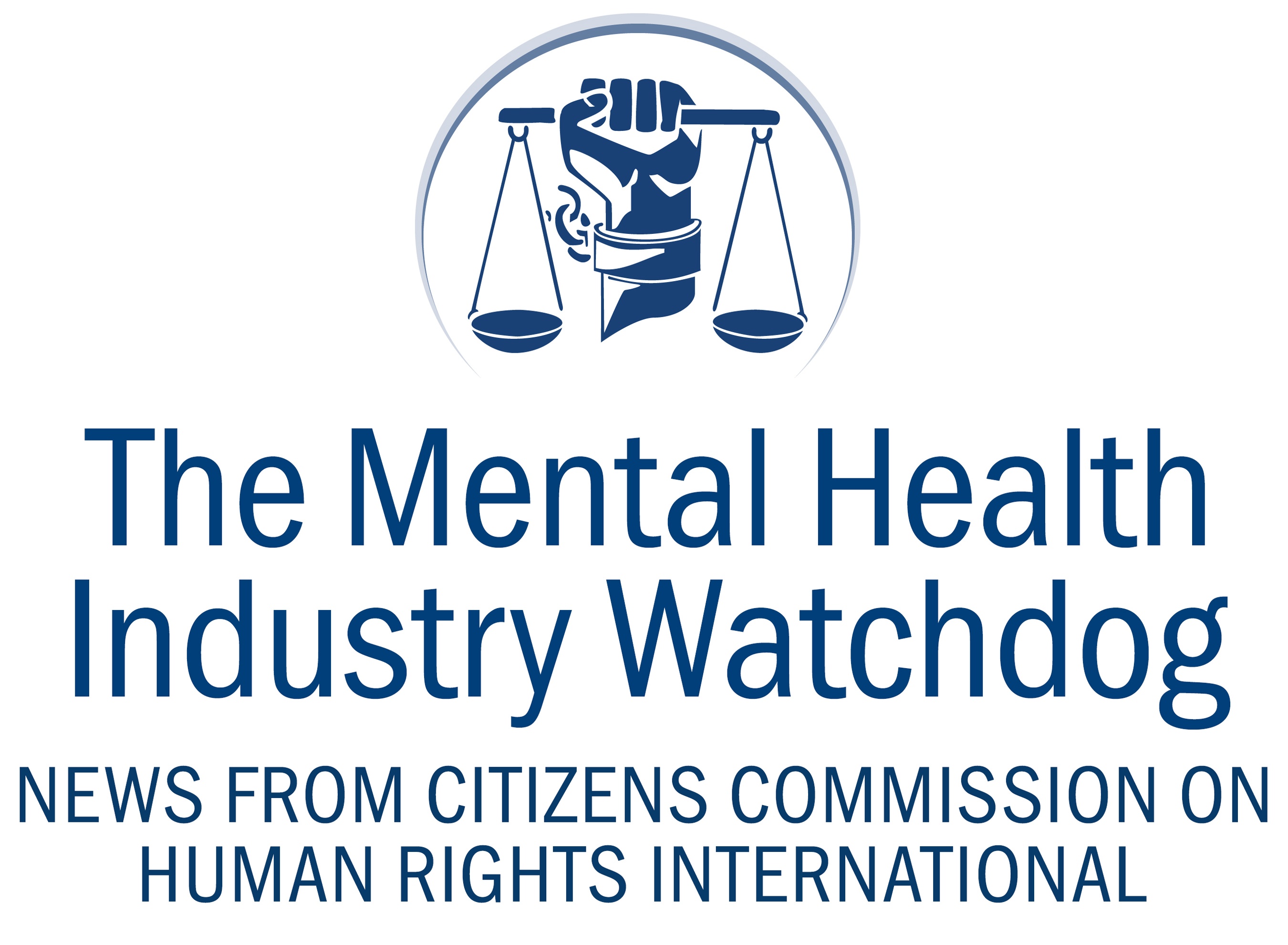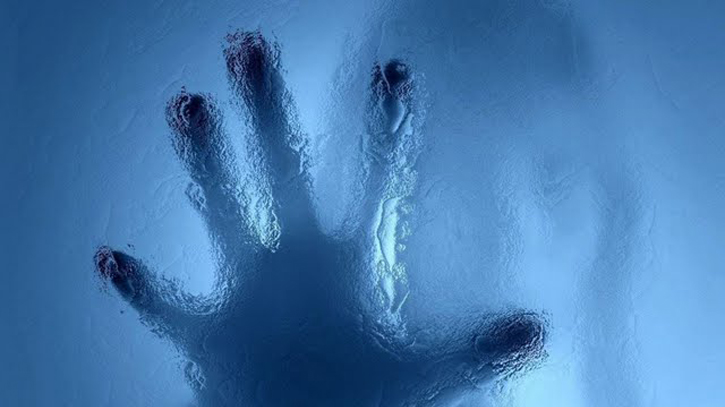Legislation introduced in the State of Pennsylvania to ban the use of electroshock (Electroconvulsive Therapy or ECT) on children, appears to have been prompted by records released from the Pennsylvania Department of Human Services, which found thirteen children age five and younger, were given electroshock treatment in 2014, according to a press release issued by Rep. Stephen Kinsey (D-Philadelphia), one of the sponsors of the bill.
The other sponsor of the bill, Rep. Thomas Murt (R-Montgomery/Philadelphia) stated, “while ECT remains a controversial treatment for adults, it’s deplorable when done on children who have no say on whether to agree to this brutal treatment. Yet, kids are still being shocked today. This treatment can cause brain damage. To me it’s a form of child abuse.” Rep. Kinsey added, “many side effects of ECT can be dangerous for children who are still growing and developing into adults.”
Both Reps. Murt and Kinsey believe the ban on the use of electroshock on children is necessary due to the numerous unknowns associated with not only the safety and efficacy of the treatment but, more importantly, the procedure’s known harmful side effects.
According to Mental Health America, ECT is used on more than 100,000 Americans per year, yet there is no information available online on the number of children currently receiving it.[1] Given the documented risks of electroshock, its use on children should be being monitored and made publically available by state and federal health departments, particularly in light of the FDA’s review of the treatment.
According to the Food and Drug Administration’s 2015 Draft Guidance on ECT, the FDA recommended that the ECT device carry information declaring: “Warning: ECT device use may be associated with: disorientation, confusion, and memory problems.” It also stressed that “the long-term safety and effectiveness of ECT treatment has not been demonstrated.”[2] Furthermore, the FDA recommends the labeling information should include:
- Disorientation and confusion
- Anterograde (short-term) verbal memory
- Retrograde (long-term) autobiographical memory
- Pain/somatic discomfort (including headache, muscle soreness and nausea)
- Skin burns
- Physical trauma (including fractures, contusions, injury from falls, dental and oral injury)
- Prolonged or delayed onset seizures
- Pulmonary complications (insufficient, or lack of breathing, or inhalation of foreign substance into the lungs)
- Cardiovascular complications (heart attack, high or low blood pressure, and stroke)
- Death [2]
According to Murt, “the use of electroshock therapy on children is outright cruel and unacceptable. The side effects of ECT can be debilitating even for adults. Children should not be forced to undergo a treatment that can have a lasting impact on their physical and mental wellbeing.”
Pennsylvania lawmakers Murt and Kinsey should be applauded for taking proactive steps to protect the state’s children from such a controversial treatment.
References:
[1] “Electroconvulsive Therapy (ECT),” Mental Health America, http://www.mentalhealthamerica.net/ect.
[2] “Electroconvulsive Therapy (ECT) Devices for Class II Intended Uses,” Draft Guidance for Industry, Clinicians and Food and Drug Administration Staff, December 29, 2015, http://www.fda.gov/downloads/MedicalDevices/…/UCM478942.pdf.








Leave A Comment
You must be logged in to post a comment.